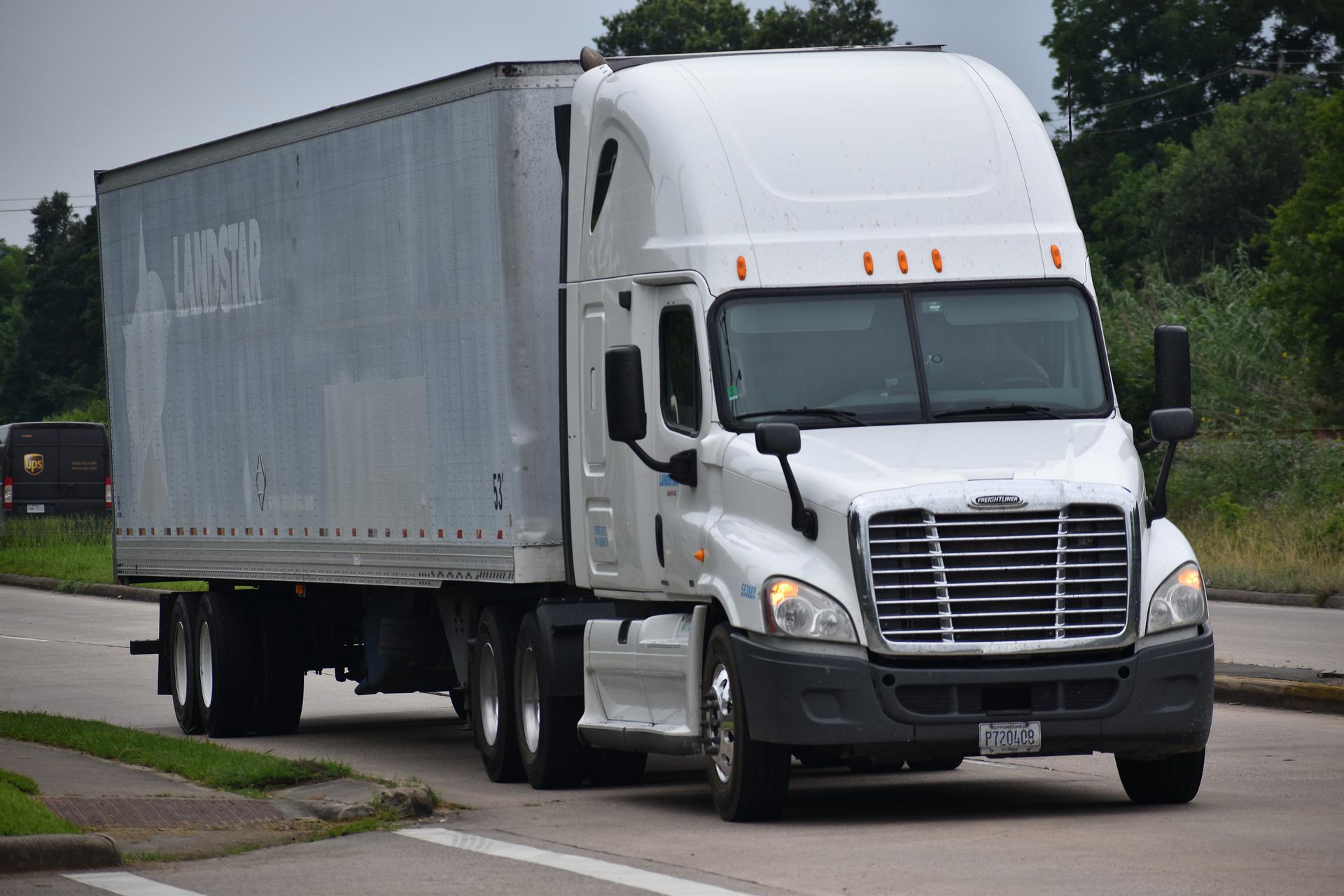
Which Trucking Regulations are Violated the Most Often?
With over 2 million semi trucks on the road at any given moment, there are going to be accidents that happen.
Because getting in a wreck with one of these big rigs is much more dangerous than colliding with a smaller vehicle, and because truck drivers are on the road much more than the average motorist, the Federal Motor Carrier Safety Administration (FMCSA) has come up with regulations to ensure the safest trucks and drivers are out there helping keep American operating.
The problem, however, is that often greed can get in the way of safety. When regulations are violated, you are put at risk.
Which Regulations are most likely to be Violated?
Regulations are in place to ensure that those driving big rigs have the proper skills and training in order to operate safely on our roads. Unfortunately, sometimes a company will skip, pass over, or ignore the regulations in order to increase their profits. This puts you, and everyone else on the road, at danger.
Here are some of the regulations most often ignored.
Truck Driver Operating Hours – There are trucks that operate around the clock. The vehicle itself is fine running constantly; the drivers, however, must be swapped out.
Drivers, in the USA, can only drive for 11 hours each day. They must take at least a 30 minute break every 8 hours, and they can only be “on duty” for 14 hours before they must take a mandatory 10 hour break. Throughout the week a driver can only operate for 60 hours before remaining off-duty for 34 hours.
In an industry where more driving hours means more money, this regulation is often violated; leading to tired drivers that are unsafe on the roadways.
Semi Truck Maintenance – Every vehicle must be maintained in order to stay operational. Because trucks are on the road much more than most vehicles, they need to be inspected and maintained even more diligently.
Brakes, tires, and lights are the most common failures on a truck. Because of their wear and tear, they must be inspected daily to ensure peak operating condition. We have all seen the blown out tire fragments on the highway; when a tire gets too old, it becomes dangerous to everyone around.
Skipping maintenance may sound like a way to speed up a shipment or save a little money. But it comes at the cost of putting lives at risk.
Freight and Cargo Loading – Properly loading cargo means the difference between being able to control the trailer, and having the trailer control the tractor portion of the semi truck.
Trucks are limited to 80,000 pounds, including both the trailer and the tractor. This isn’t an arbitrary number; it’s determined by a lot of science around how these large vehicles operate. Over-loading a trailer also puts extra strain on the tires, brakes, axles, and more; it can lead to other issues that may cause a wreck.
In addition, the way the cargo is loaded is regulated. Weight distribution is important. If loaded improperly the truck can fishtail, jackknife, or flip over.
Truck Driver Hiring – There are a handful of factors that can immediately disqualify an applicant from being hired: a history of DUI and too many moving violations are some of the most closely monitored.
Physical fitness, holding a CDL licenses, and random drug tests are also important aspects to ensure that the driver is taking care of him or herself and not putting others at risk.
Skipping out on these regulations, or overlooking what some consider as “minor” violations, can lead to accidents later on.
Herbert Law Group Helps Truck Accident Victims
There are a lot of factors that go into truck accidents; it’s not always a wreck that was merely the negligence of the driver.
Understanding the trucking laws, and what regulations may have been violated, are important factors when it comes to ensuring that you are fully compensated after a big rig accident.
If you have been injured in a semi truck wreck, or if a loved one was killed in one of these accidents, we should talk. It starts with a simple conversation to see if we are a good fit. There’s no obligation to you, so give us a call at 214-414-3808, or fill out the contact form on our site and we will be in touch.